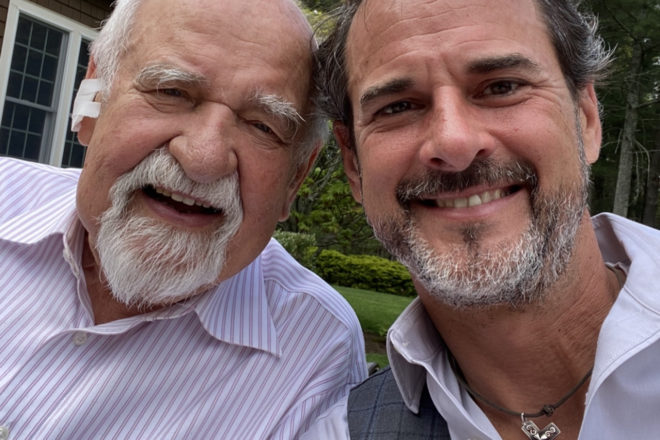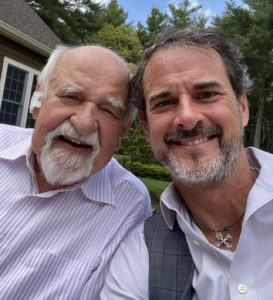
Podcast: Play in new window | Download
I think of this stage of parenting as motivational interviewing…. and a literature review.


Podcast: Play in new window | Download
I think of this stage of parenting as motivational interviewing…. and a literature review.


{display_podcast]
Podcast: Play in new window | Download


Podcast: Play in new window | Download


Podcast: Play in new window | Download
Literature review this week: Plastics in the blood, dogs can sniff Covid, mental health and exercise, CT scans and brain cancer risk, aging and the microbiome. Also, a piece on mothers and the shaming from social media critics. Recipe is coconut curry fish.
For example: Brain Cancer – a single CT can raise the risk of cancer of the brain in children if the exposure occurs before age 22 years.
Enjoy,
Dr. M


Podcast: Play in new window | Download
This week week look at a piece by David Katz: “I imagine -and in select cases know- that many of my colleagues were encouraged and gratified to hear that the NIH is allocating a sizable sum to the pursuit of precision nutrition. Some number of my colleagues will be directly involved in those research efforts, and others are simply pleased to see nutrition getting some small measure of the attention we agree it warrants. I can appreciate these reactions, but in my case, the response felt more like a wave of nausea accompanied by echoes of “here we go again, again…..”
We also look at some recent studies in the aging space. Two studies by Dr. Sinclair and Dr. Macip looking at age reversal ability. From the David Sinclair Lab at Harvard we see first of its kind data regarding the ability to identify epigenetic marks in mice as the etiology or biomarker of aging. This is nothing short of an amazing discovery. Listen to Podcast #2 with the father of epigenetics Dr. Randy Jirtle to gain a foothold in this world and then listen on.
Enjoy,
Dr. M


Podcast: Play in new window | Download
This week we do a literature review looking at epigenetics, exercise, time restricted feeding and the microbiome. We also look at Iron as a mineral of necessity. We finish with a recipe for Polish Beet Soup.
Enjoy,
Dr. M


Podcast: Play in new window | Download